-

-
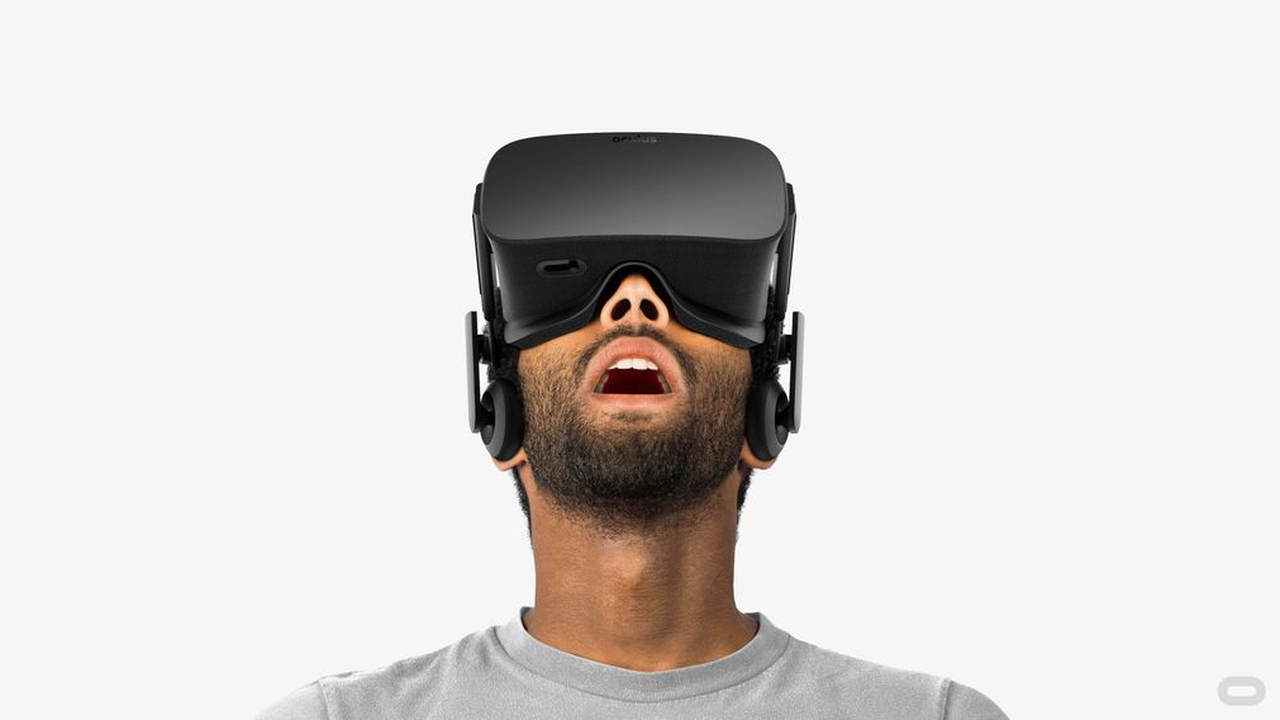
-

-

-

-

-

-

-

-

-
-
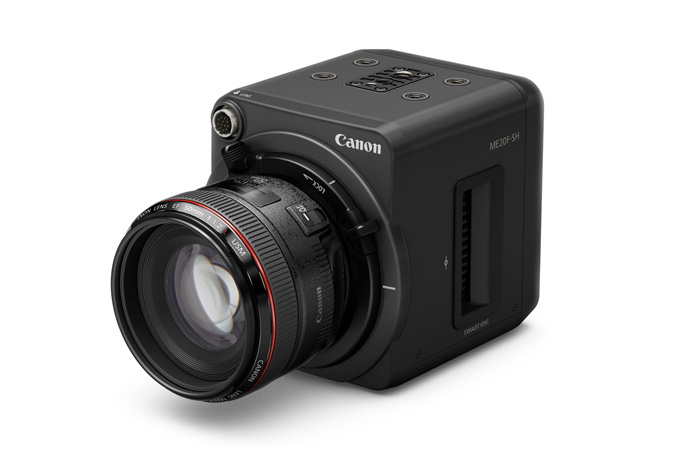
-
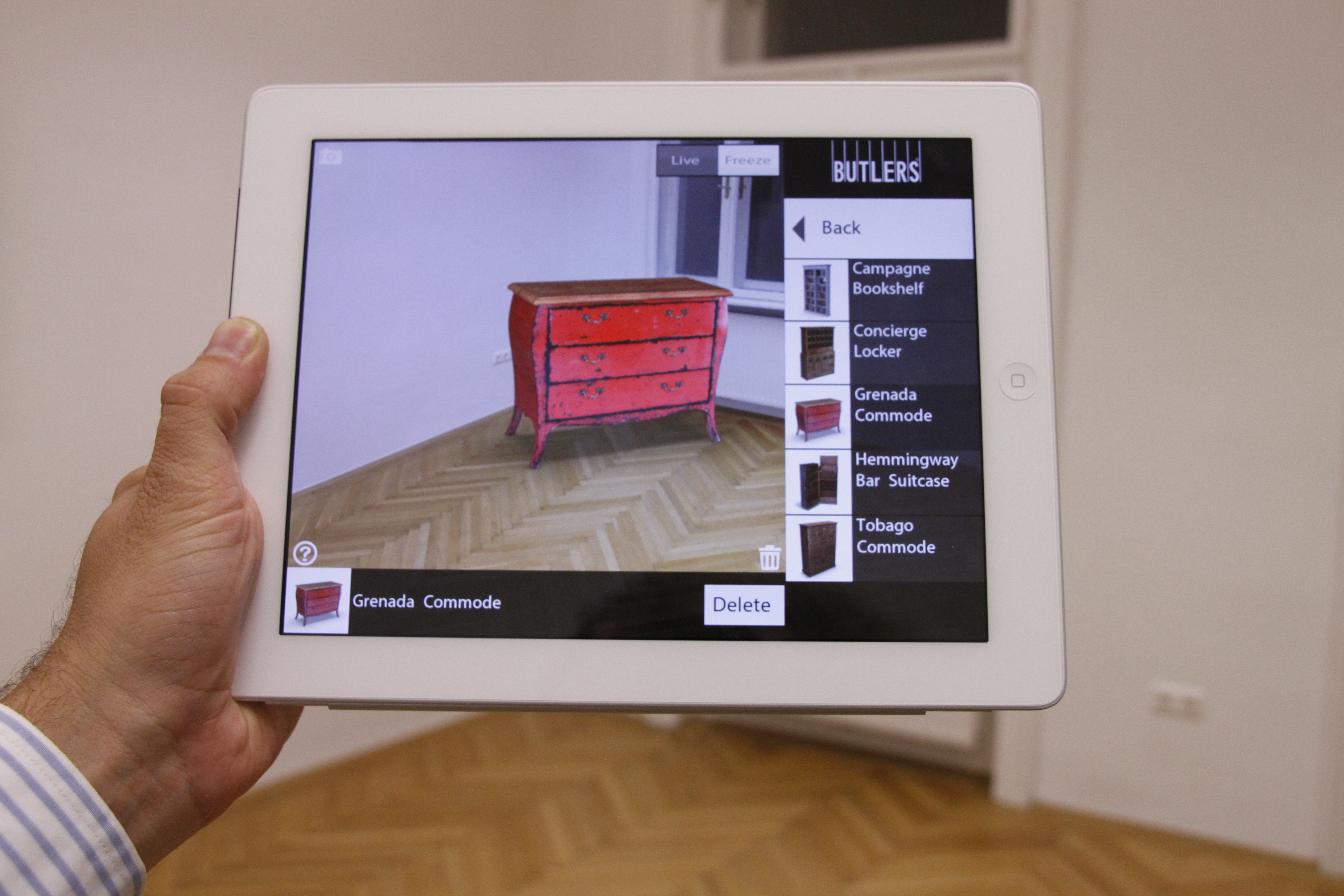
-

-
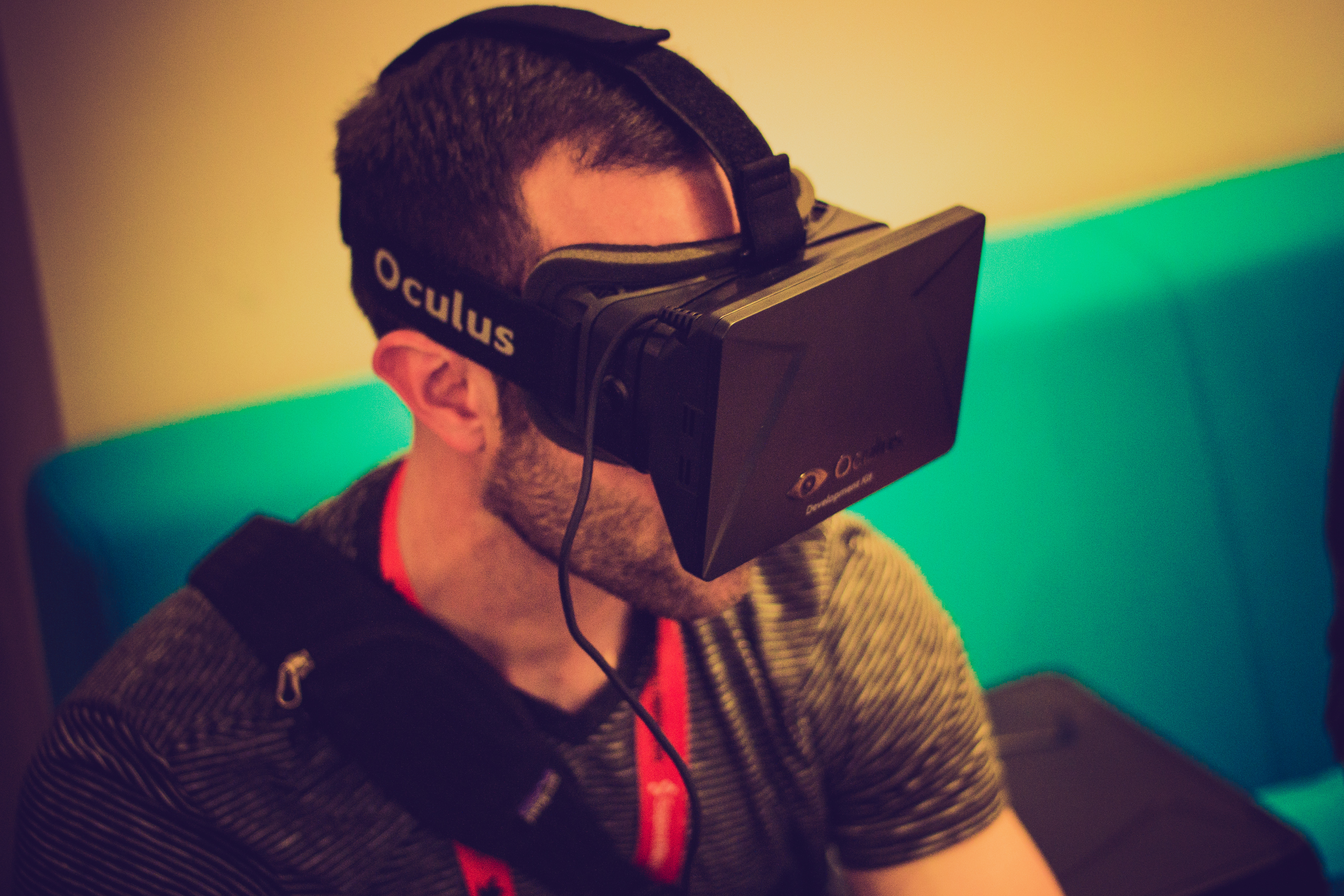
-
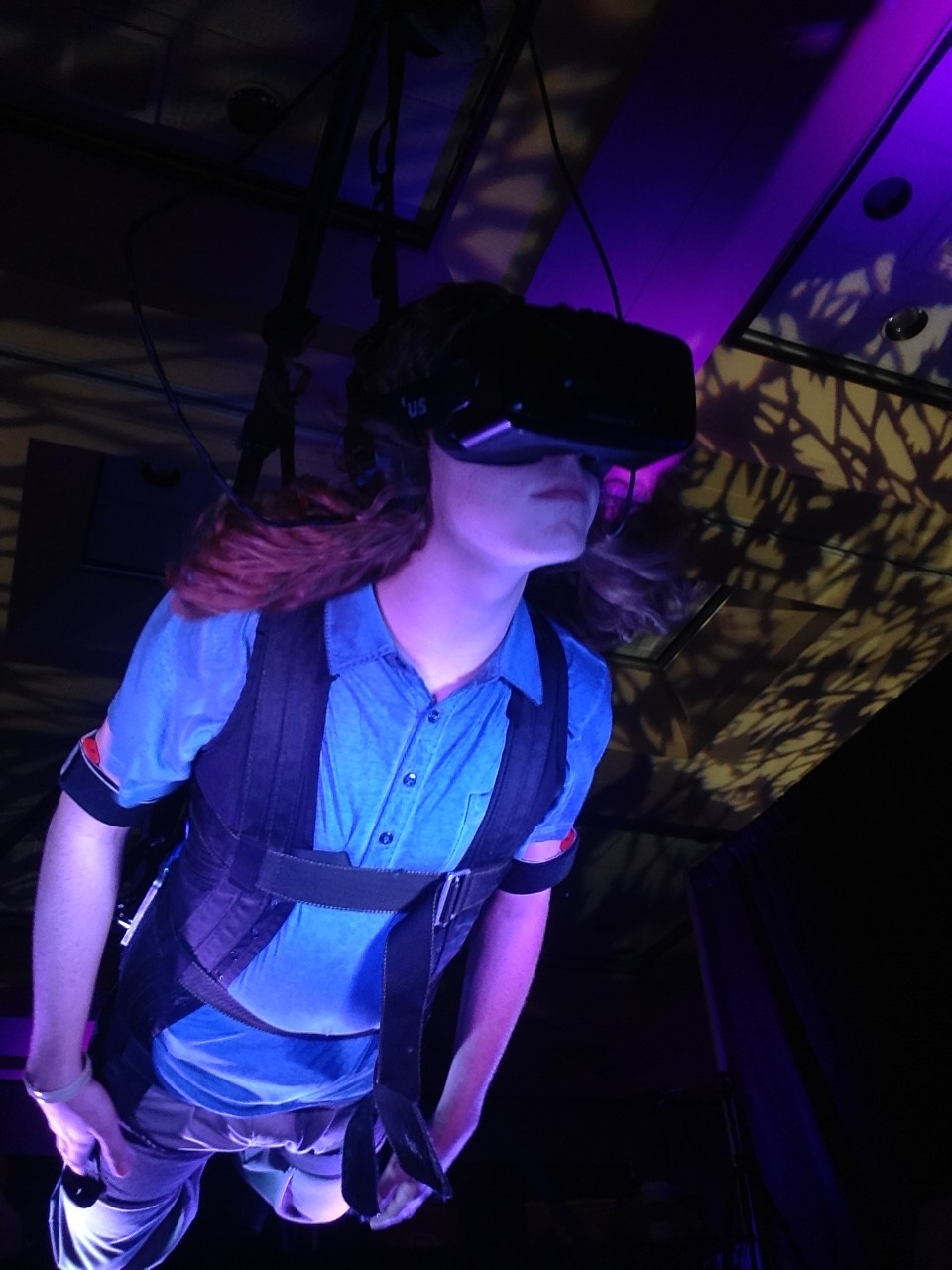
-

-

-
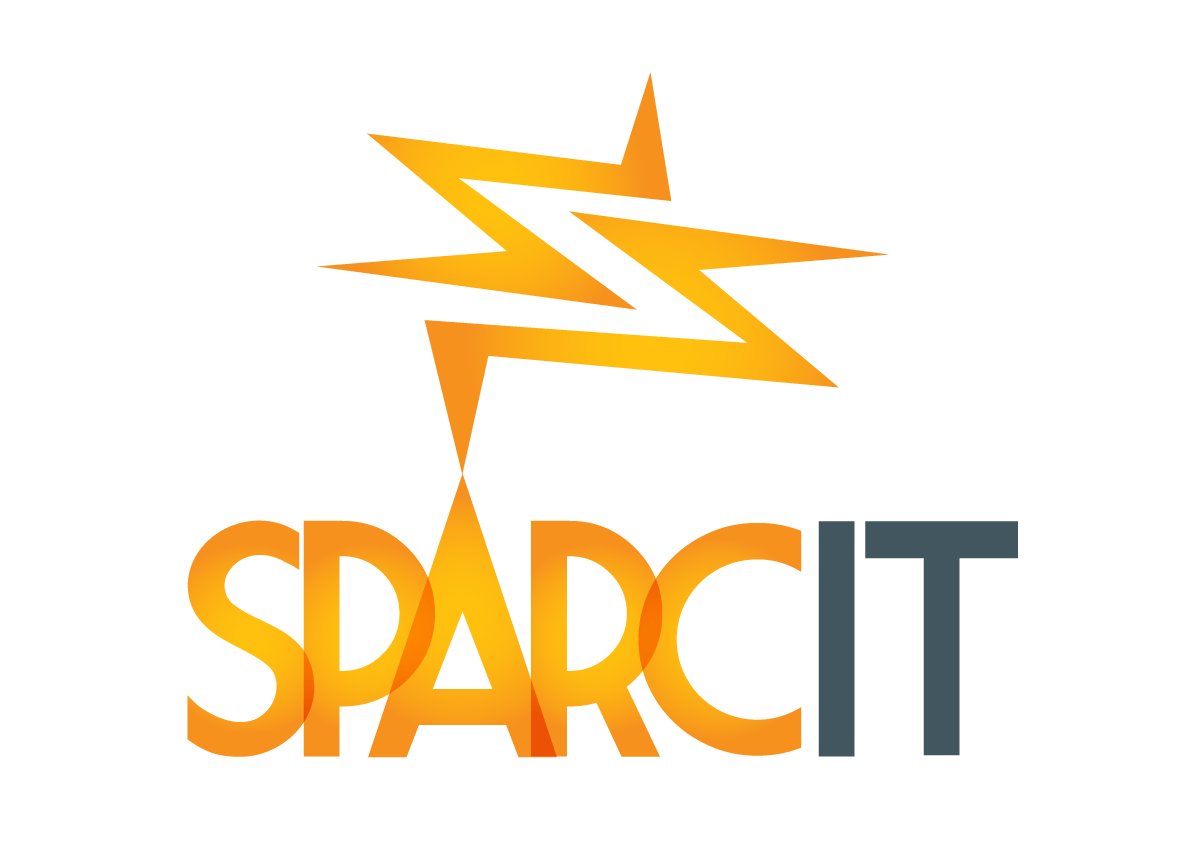
-

-

-

-

-

-

-

-

-

-

-

-

-

-

-
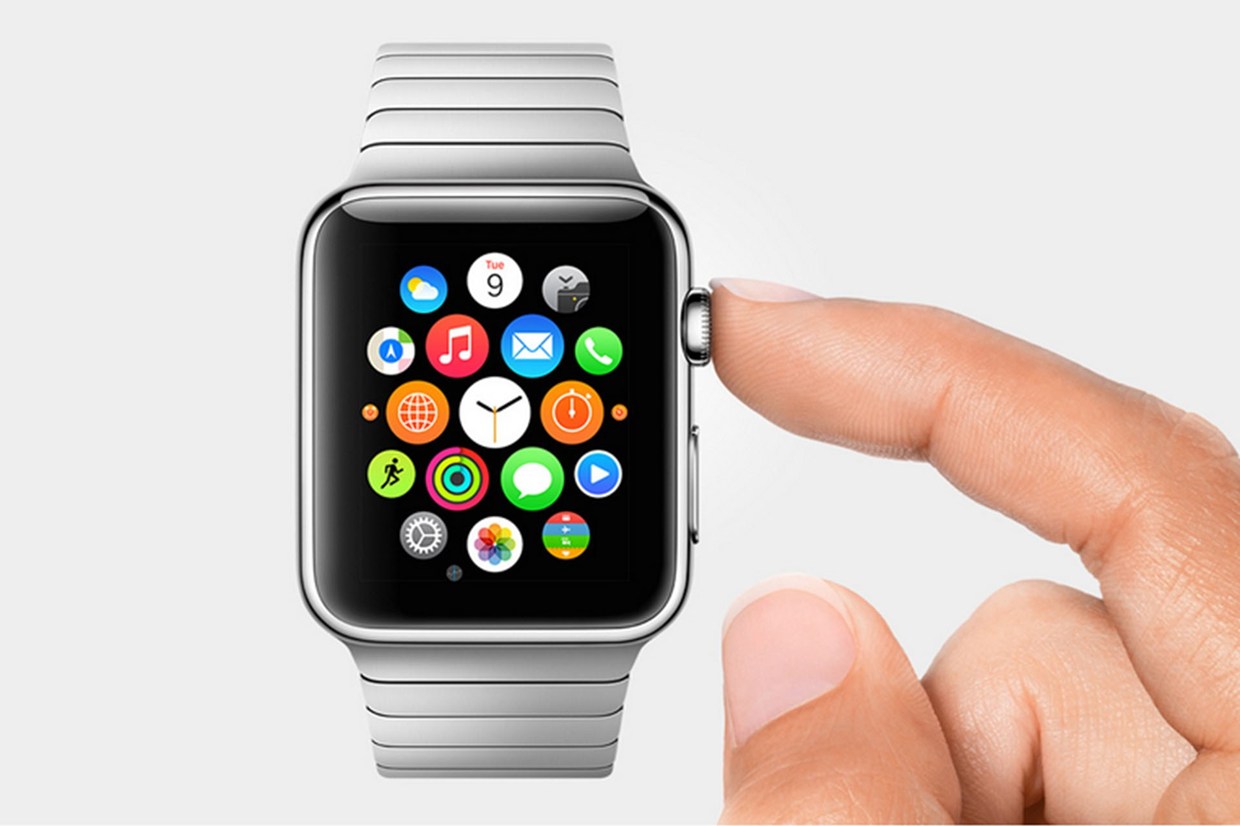
-
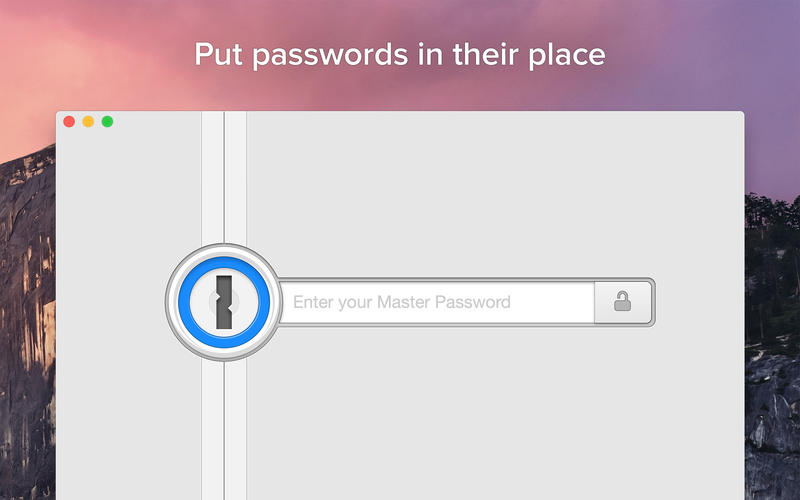
-

-

-

-

-

-

-
-

-
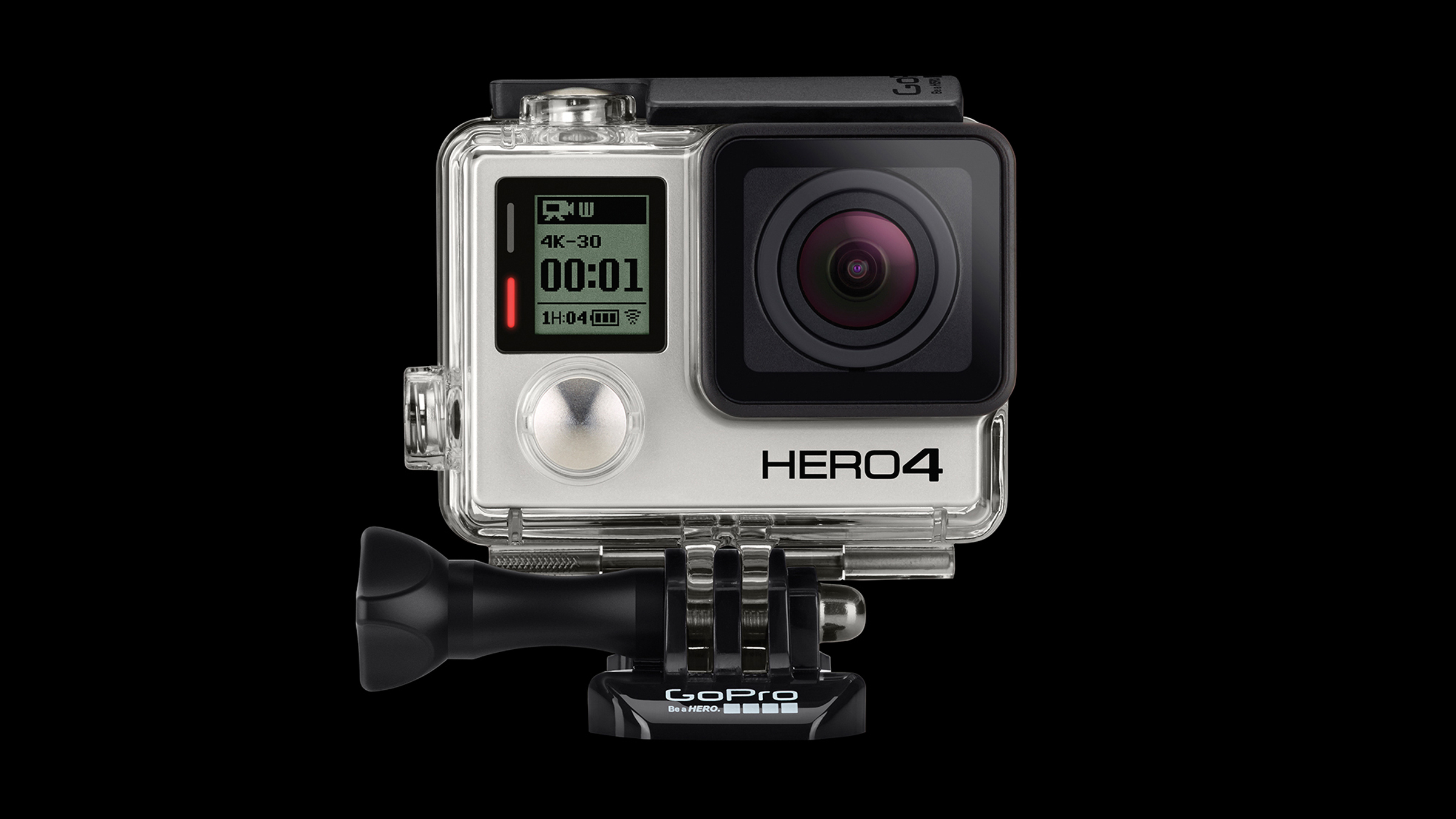
-
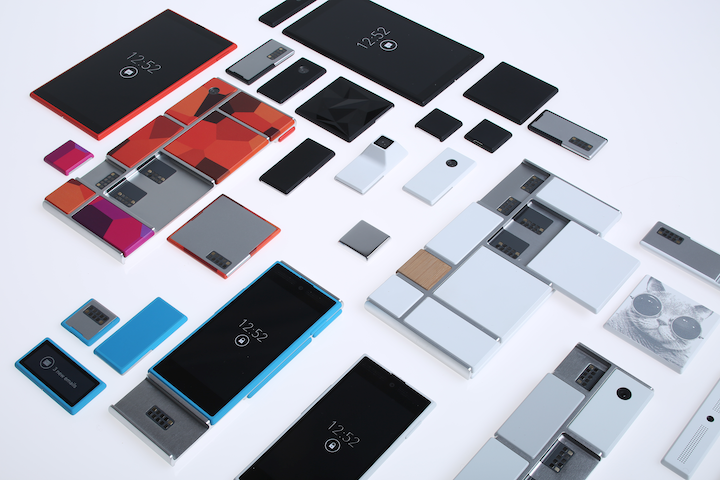 TOTW: Google's Project Ara Modular Phone May Be The Future Of SmartphonesOctober 30, 2014
TOTW: Google's Project Ara Modular Phone May Be The Future Of SmartphonesOctober 30, 2014 -

-
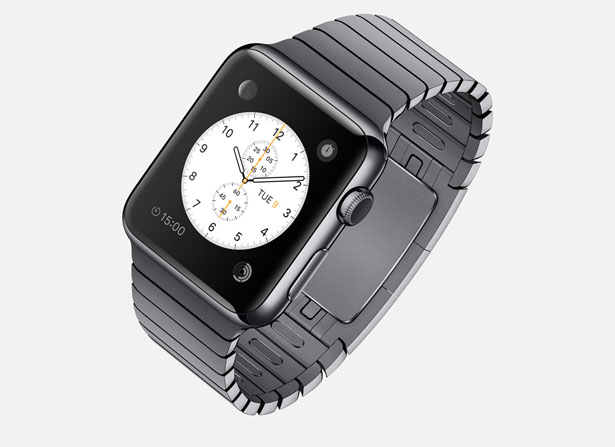
-

-

-

-

-

-

-

-

-

-
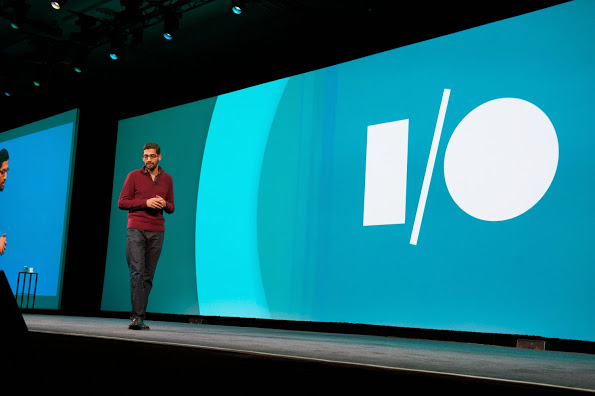
-

-
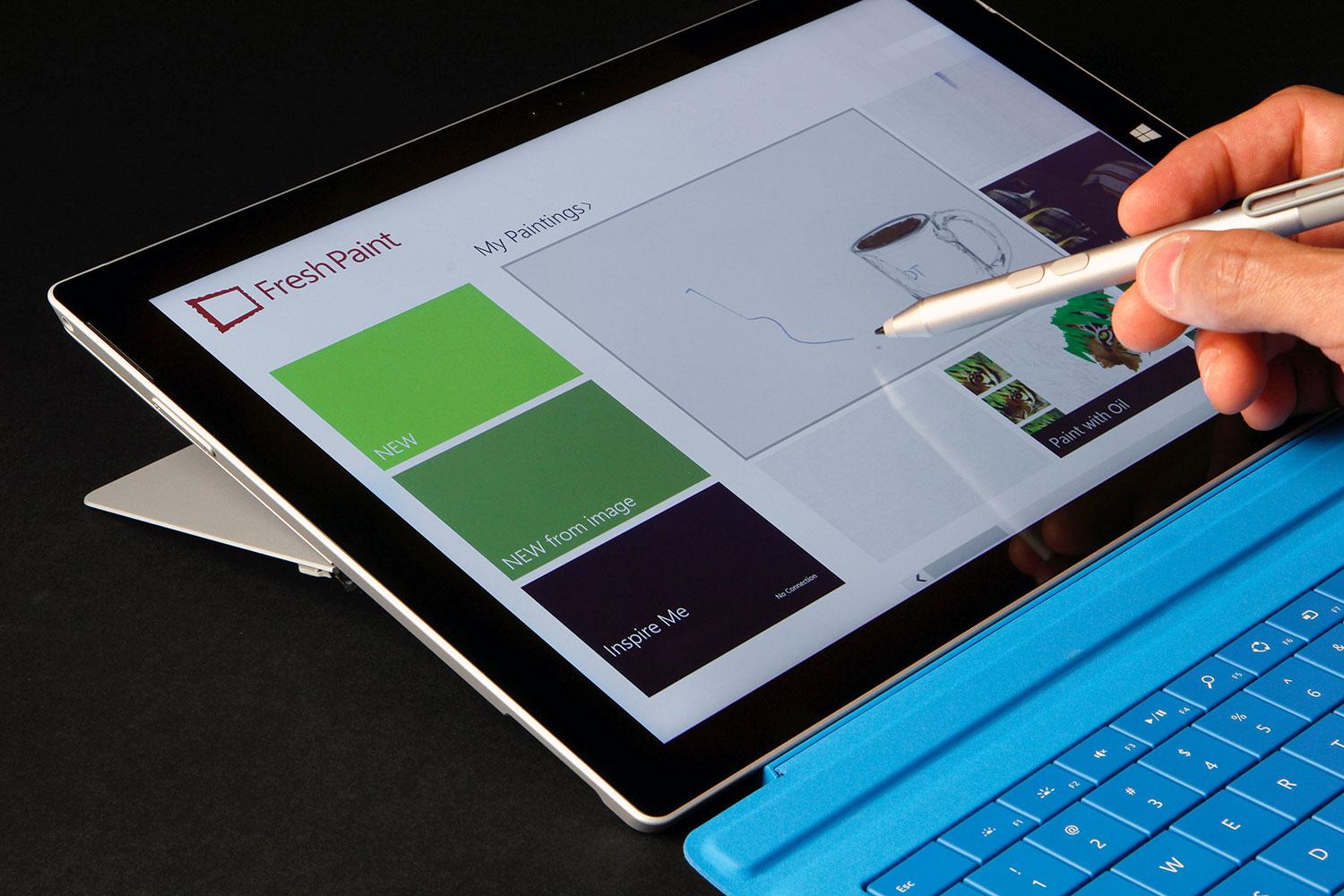
-
-
-
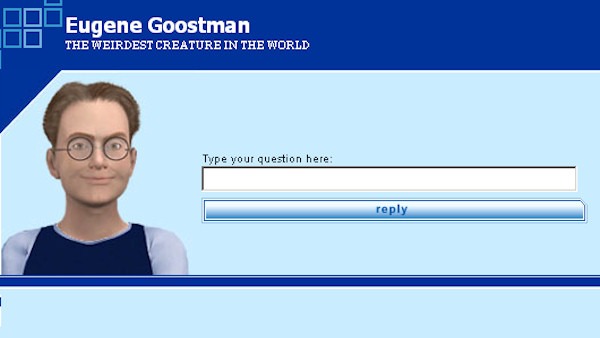
-

-

-

-
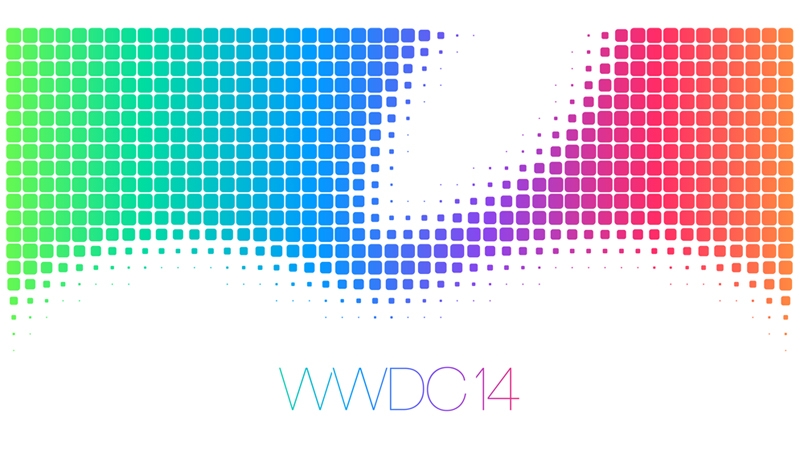
-
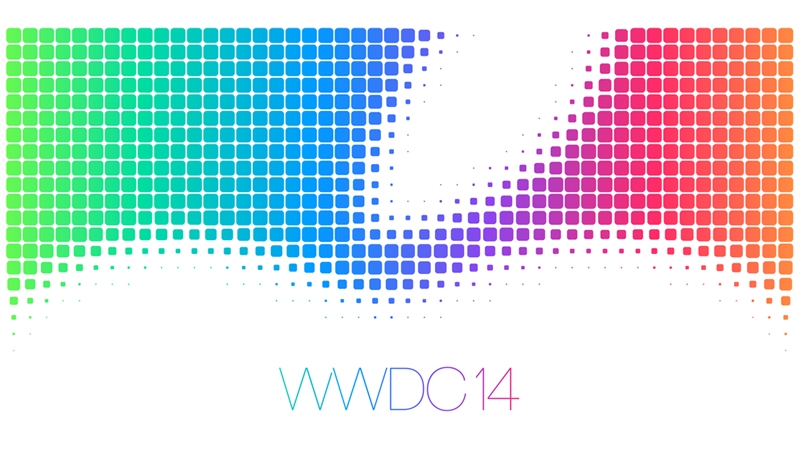
-

-

-

TechSpot: Pass-Thoughts May Make Logging In Easy
Passwords are the key to our information security in the 21st century. Whether it is your phone’s password or your social security number, if someone gets a hold of it, it’s bad news. So, whenever we make a password, we (hopefully) try to make it as secret as possible. But, we are humans, and we forget. So we do something *nearly* secret, like the last four numbers of an old phone number, and think we are fine. But we aren’t. By using old White Pages or online sources, hackers can often get the information they need. We also don’t write down our passwords, for the same reason. How do we get around our security conundrum? Well, biometrics is coming to the rescue again by bringing NeuroSky Mindset to the table. 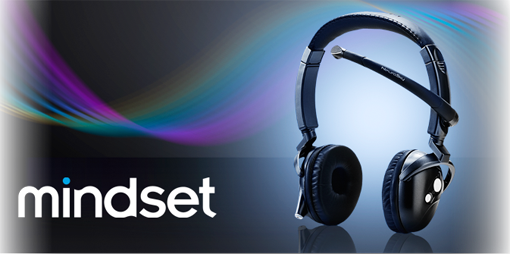
It doesn’t look like much, does it? Just a pair of headphones with a microphone curiously placed high on your head. But, don’t judge a book by its cover. That microphone is actually a electroencephalogram (EGG) sensor. It can sense your brainwaves, meditation level, attention level and much more. The Mindset is not just for sensing brainwaves, though. It has a microphone, so it is also good for games, research, and other microphone needing applications. It is also useful for developers, and at a cheap $200, it’s a pretty good deal.
So how does this help with the password situation? Well, a team of researchers at the University Of Berkley recently designed and tested a hyped-up Mindset that reads what you are thinking/imagining. It may sound creepy, but it is great news for people with bad memories. The developers were afraid it wasn’t powerful enough, but when they tested it, they found out it work to a surprisingly low 1% error rate.
Using a Berkley Mindset is very simple. All you have to do is set up a “password,” they found imagining singing a song or counting colored shapes worked the best, and imagine that password whenever you want to log in to a phone or computer. They call these **pass-thoughts**. In terms of product integration into phones or Web applications, the system still has long way to go. But pass-thoughts are a big step forward, and potentially a new advance in information security. And I have to admit, they don’t even look half bad. For all its possible uses, the Berkley’s pass-thoughts for Mindset will hopefully make it’s way into the product landscape.

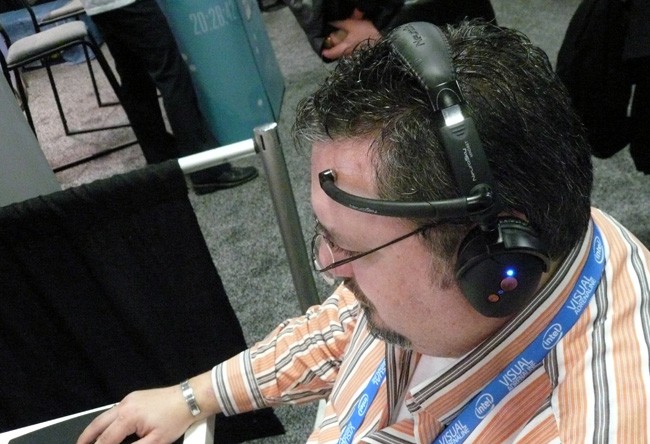
Leave a Reply